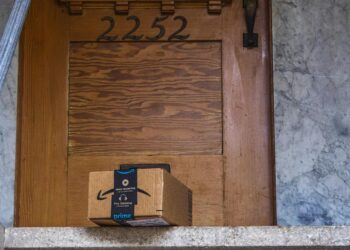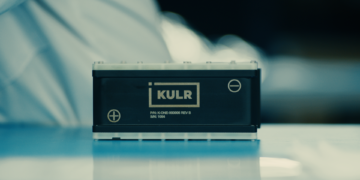Shareholders Allege Fraud over Downplaying SEC Lawsuit Risks
Coinbase (COIN), the largest cryptocurrency exchange in the U.S., faced a significant legal setback as a federal judge rejected its attempt to dismiss a class-action lawsuit brought by shareholders. The lawsuit accuses the company and its top executives of misleading investors about the likelihood of being sued by the U.S. Securities and Exchange Commission (SEC) for operating an unregistered securities exchange.
On Thursday, U.S. District Judge Brian Martinotti, presiding in Newark, New Jersey, issued a ruling allowing the shareholders’ claims to move forward. The decision comes 15 months after the SEC’s June 6, 2023, civil lawsuit against Coinbase, which sent the company’s stock plummeting by 12%.
Allegations of Fraud and Misrepresentation
At the heart of the lawsuit is the allegation that Coinbase, along with its executives, painted an overly optimistic picture of the company’s legal standing. Shareholders claim that Coinbase repeatedly assured them that the crypto assets it listed were not considered securities, downplaying the likelihood of an SEC enforcement action. Judge Martinotti’s ruling acknowledged that the shareholders had sufficiently alleged fraud based on these misrepresentations.
In his 50-page decision, the judge pointed out that Coinbase’s public statements could have misled investors about the legal risks the company faced. By projecting a low probability of SEC action, Coinbase may have lulled investors into a false sense of security.
Martinotti’s decision also opens the door for shareholders to pursue additional claims. These include allegations that Coinbase misrepresented the risks associated with customer assets. Specifically, the lawsuit contends that the company downplayed the potential for customers to lose their assets if Coinbase were to file for bankruptcy. The plaintiffs argue that this risk only became clear in May 2022, when Coinbase revised its disclosures following a sharp decline in revenue.
The company’s stock fell by more than 26% on May 11, 2022, a day after the updated disclosures were made public, fueling investor concerns about the company’s financial health and potential risks to their assets.
Other Claims Dismissed
While the judge allowed the fraud allegations to proceed, he dismissed claims that Coinbase falsely denied engaging in proprietary trading. Additionally, while Coinbase’s CEO Brian Armstrong and other top executives remain defendants in the case, some of the claims against them have been narrowed by the court’s decision.
In response to the ruling, Coinbase issued a statement maintaining its confidence in its legal position. “We remain confident that we are right on the facts and the law, and we look forward to proving the rest of our case,” the company said.
Broader Legal Battle with the SEC
Coinbase has been locked in a broader legal struggle with the SEC since the agency’s civil lawsuit in June 2023. In that case, the SEC accuses Coinbase of operating as an unregistered securities exchange, which could have serious implications for its business model. Earlier this year, in March, a federal judge in Manhattan similarly denied Coinbase’s request to dismiss the SEC’s lawsuit, underscoring the mounting legal pressures on the company.
Class Action Scope and Next Steps
The proposed class action lawsuit is being led by Swedish pension fund Sjunde AP-Fonden and covers Coinbase shareholders who purchased stock between April 14, 2021, and June 5, 2023. These investors are seeking damages for losses incurred due to what they believe were misleading statements by Coinbase about its regulatory risks.
The case, titled In re Coinbase Global Inc Securities Litigation, will now move forward in the U.S. District Court for the District of New Jersey. As both the SEC’s enforcement action and this class action proceed, Coinbase faces increasing scrutiny over its business practices and the legal risks posed by operating in the evolving regulatory landscape of the cryptocurrency market.
You might like this article:Broadcom’s Strong Q3 Results Fueled by AI and VMware Integration











